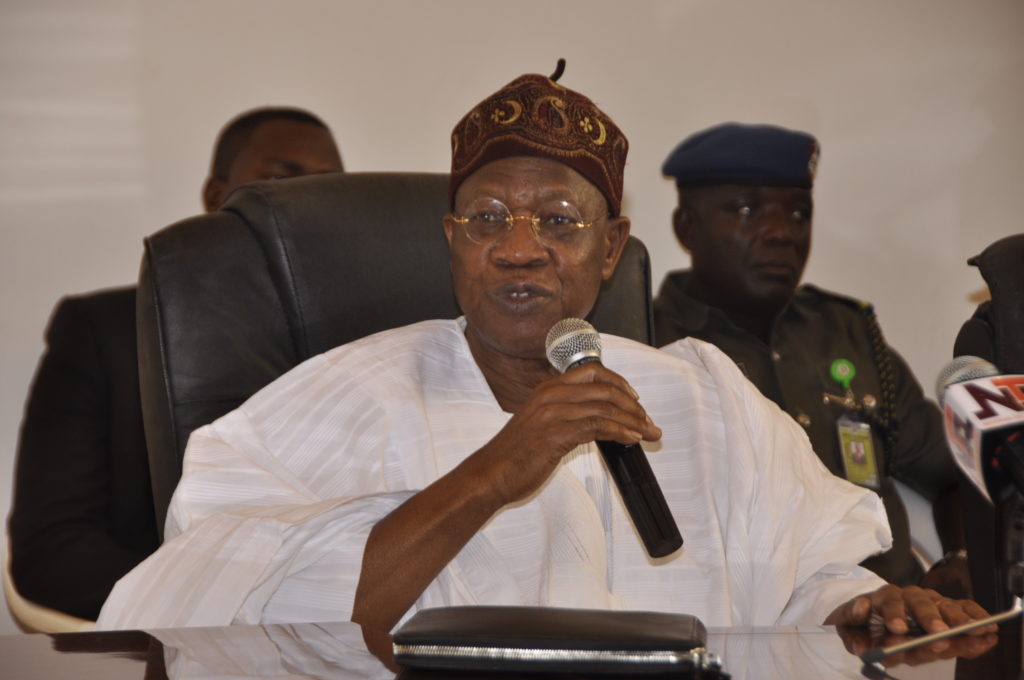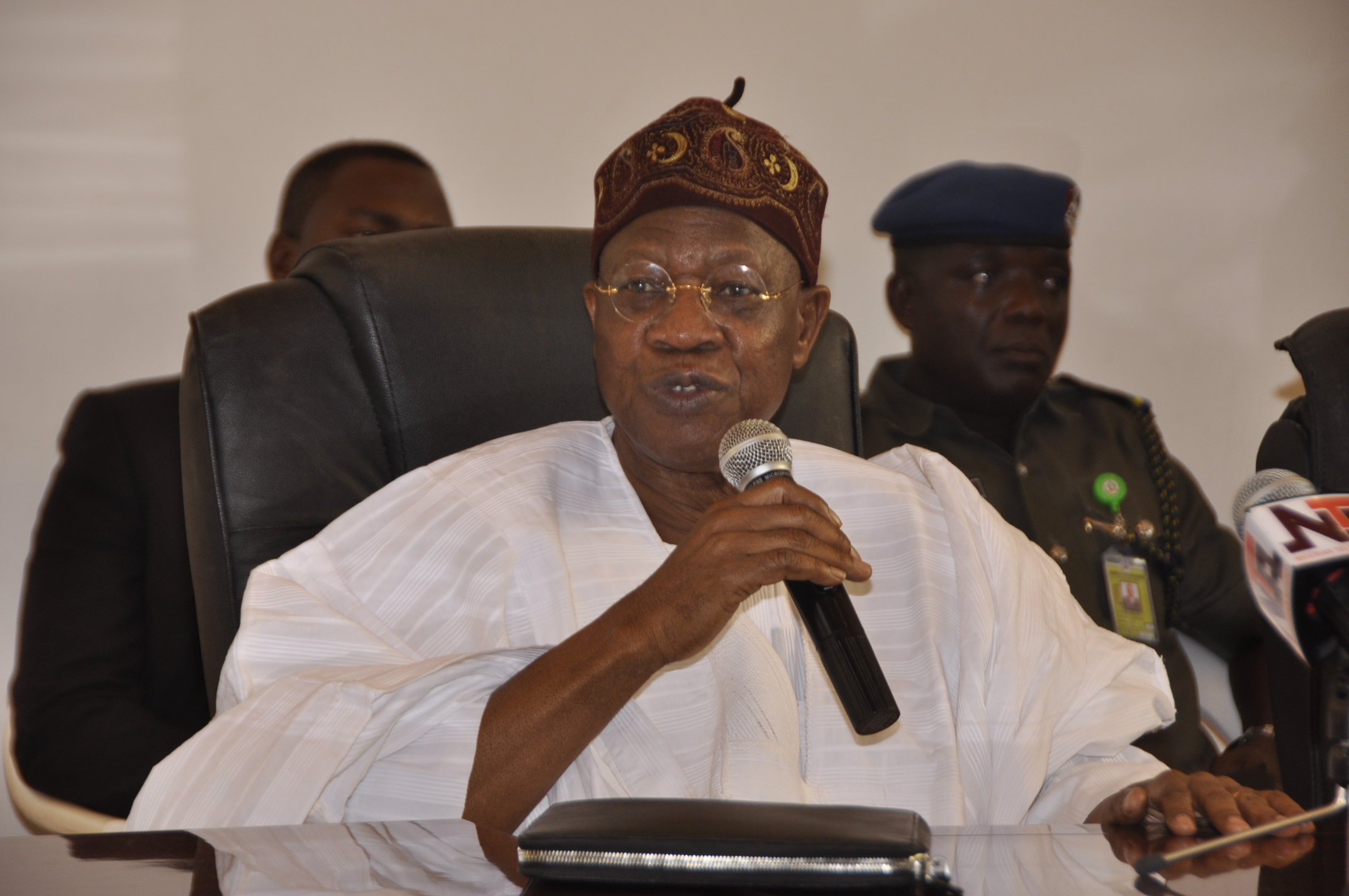
Nigeria Probes Gas Contract At Centre Of $9bn Claim
Nigerian security agencies will open an investigation after a British judge paved the way for a private firm to seize more than $9 billion in government assets over a failed gas deal, the information minister said Tuesday.
The judge in London this month gave Process and Industrial Developments Limited (P&ID) the green light to claim assets worth about a fifth of Nigeria’s foreign reserves over the collapse of the 2010 agreement.
The ruling was the latest twist in the decade-long dispute over the deal that broke down before work had started on a planned state-of-the-art gas processing plant in southeast Nigeria.
P&ID — widely reported to be registered in the British Virgin Islands — sued the Nigerian government for breaching the agreement by failing to provide the gas or install the promised pipelines.
An arbitration tribunal in London awarded the firm $6.6 billion (5.9 billion euros) in damages in January 2017 — which has now risen to $9 billion with interest.
Information Minister Lai Mohammed decried the award as “clearly unreasonable and manifestly excessive and exorbitant” and reiterated Nigeria’s determination to challenge it.
“The Federal Government is taking all necessary steps to appeal the decision of the UK Court, to seek for a Stay of Execution of the decision, to defend its rights,” Mohammed said.
He said the country’s anti-corruption agency, intelligence service and police had been ordered to start a “full-scale criminal investigation” into the original deal signed under former leader Goodluck Jonathan.
“Indications are that the whole process was carried out by some vested interests in the past administration, which apparently colluded with their local and international conspirators to inflict grave economic injury on Nigeria,” Mohammed said.
The minister insisted there was “no imminent threat to Nigeria’s assets” as the judgement could not be enforced until the British court resumed hearings after a vacation.
The Nigerian government’s legal team had previously argued that English courts did not have the jurisdiction to settle the dispute.
It said since the original agreement was struck under “Nigerian law, the seat of the arbitration should be Nigeria.
It was not immediately clear when the government would file its appeal.
About Author
Discover more from BillionBill
Subscribe to get the latest posts sent to your email.



